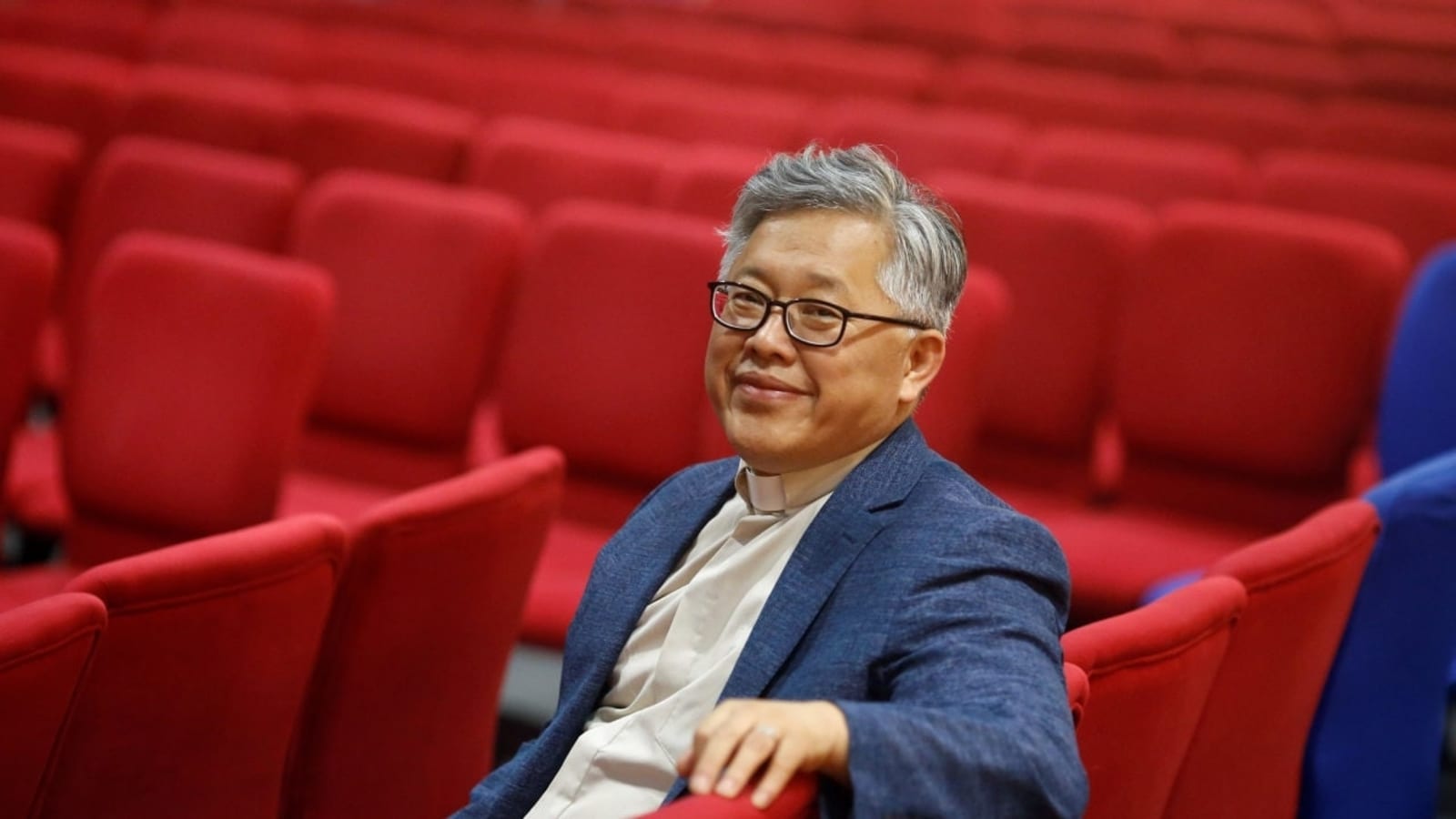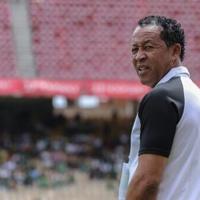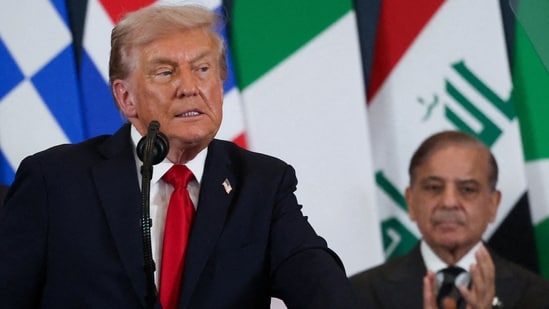BEIJING—Under intense pressure from authorities in China, Ezra Jin persisted for years in building one of the nation’s largest underground Christian churches, with branches in 40 cities across the country. Online prayer groups he helped lead at times reached 10,000 people.
Even after his wife relocated to the safety of the U.S. to be with their three children—all American citizens—Jin stayed behind in China to lead Zion Church, aware of the risks he faced.
“His flock needed him,” said his daughter, 31-year-old Grace Jin Drexel, who works as a U.S. Senate staffer and lives near Washington.
His detention in recent days by Chinese authorities, alongside more than 20 others associated with Zion Church either in custody or missing, marks an escalating broadside against Christianity in China.
Jin’s connection to the U.S. through his family further complicates U.S.-China relations just weeks before a possible meeting between President Trump and Chinese leader Xi Jinping, making the pastor a potential bargaining chip in bilateral negotiations. A flare-up in trade tensions between the countries in recent days has cast doubt on whether a Trump-Xi summit will go ahead.
As of Sunday, it was unknown whether Jin had been formally charged by authorities. China’s Ministry of Public Security didn’t respond to a request for comment.
Sean Long, a pastor with Zion Church living in the U.S., said the church expected Jin would face charges of illegally disseminating religious information online, and family members were bracing for the possibility of a lengthy prison term.
“They are afraid of my husband’s influence,” Jin’s wife, Chunli Liu, said in a video interview. Liu is a Chinese national and two of her children are Americans through being born in the U.S., while her daughter, Grace, is naturalized through marriage.
Bob Fu, founder of U.S.-based ChinaAid Association, a nonprofit group that advocates for religious freedom in China, said the recent crackdown was “the most extensive and coordinated wave of persecution” against churches like Jin’s in more than four decades.
There is a history of Chinese nationals persecuted by Beijing becoming flashpoints in U.S.-China relations. In 2012, blind legal activist Chen Guangcheng escaped de facto house arrest and sought protection at the U.S. Embassy in Beijing, sparking a diplomatic crisis that ultimately led to Chen being permitted to move to the U.S.
Last year, the mother of a prominent Uyghur attorney and critic of China was allowed to relocate from China’s tightly controlled Xinjiang region to the U.S. as part of a broader prisoner swap negotiated by the Biden administration.
The U.S. Embassy in Beijing didn’t immediately provide comment.
Jin, 56 years old, came to Christianity in the aftermath of the 1989 Tiananmen Square demonstrations, when as a student in Beijing he joined pro-democracy protests that the military ultimately violently suppressed.
Over time, he increasingly opposed the state’s restrictions on religion, founding Zion Church in Beijing in 2007, one of many unregistered ministries—often dubbed “house churches” or “underground churches”—that were surging in popularity nationwide.
“We have a religious belief just like hungry people have a need to eat something,” Jin told The Wall Street Journal in 2011. “The government doesn’t need to and also doesn’t have the right to decide what you eat, whether you should eat or not.”
Zion describes itself as a nondenominational evangelical church adhering to orthodox Christian beliefs. Jin is a graduate of Fuller Theological Seminary in Pasadena, Calif.
Officially, the Communist Party is atheist, with the only legal churches in China being those sanctioned by the state. Yet in recent years, membership at underground churches in China has been estimated in the many millions of people. The targeting of underground churches has intensified under Xi, part of a broader crackdown on civil society.
Zion Church was raided in 2018 and its sanctuary in Beijing was shuttered. Jin and its other leaders increasingly took their work online, while establishing more than 100 smaller-scale branches across the country. The hybrid model flourished, to the dismay of Chinese authorities.
“After the shutdown of 2018, Zion did not die, did not wither. On the contrary, Zion even grew faster and more widely across China,” said Long, the U.S.-based pastor for Zion Church. “So I think this is an embarrassment for them.”
Before his detention, Jin had been barred by the government for years from leaving China, separating him from family. Most recently he has been living in the southern city of Beihai, where authorities detained him. His daughter Grace said that her father has diabetes, and that he had mentioned a desire to retire and join them in the U.S.
When he tried to go recently to the U.S. Embassy in Beijing to renew his U.S. visa, just in case the travel ban on him was lifted, authorities physically blocked him, instead driving him to the airport and forcing him to board a flight out of the capital.
Concern grew that authorities were gearing up to formally arrest Jin and other church leaders. In a recent conversation, Long asked Jin about the risk that a worst-case scenario would come to pass, with all of the church’s leadership rounded up.
“Hallelujah,” Jin responded, according to Long, who interpreted the pastor’s reaction through the lens of Christianity’s history of flourishing under persecution. “Where there is repression there is revival,” Long said.
On Sunday in China, many of Zion’s members were concerned about what might happen to those detained, angry over the government’s crackdown, and anxious that more people could be rounded up, Long said. Fighting back tears, Jin’s daughter wondered whether she would ever see her father again, and was determined to fight for his release.
“We’re still hopeful for a miracle as Christians,” she said. “We believe that this is bigger than geopolitics and that this is a cosmic battle, and we believe that we are on the winning side ultimately.”
Write to Brian Spegele at Brian.Spegele@wsj.com


